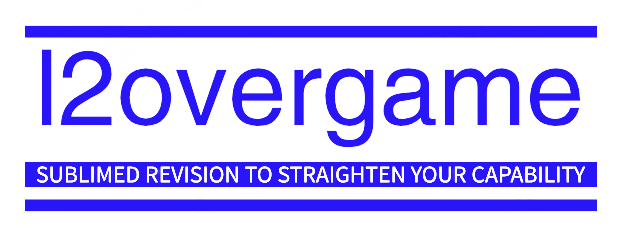Running a freelance music profession might also be exhilarating but difficult, especially financially. Freelance musicians have fluctuating earnings and expenses. Effective budgeting helps reduce debt, sketch for growth, and hold stability. Smart money management lets you focus on art rather than money. These realistic music career guidelines will help you remain organized and maximize revenue.
Keep track of income and expenses
Effective budgeting begins with understanding your profits and expenses.
- Keep music of gig, streaming, teaching, and different track payments.
- Save equipment, software, marketing, and journey receipts.
- Monitor cash flow the use of a easy spreadsheet or budgeting tool.
- Monthly financial critiques might expose developments and unexpected spending.
Separate personal and business finances
Mixing business and personal money can cause confusion and mistakes.
- Create a freelance music bank account for revenue and costs.
- This account is for commercial transactions only.
- This split aids profit tracking, tax management, and investment planning.

Save for Taxes
If you do not plan, taxes can eat up your freelance income.
- Estimate tax (typically 25-30%).
- Save this amount separately each pay.
- Avoid hefty annual tax bills by paying taxes quarterly.
- Record all expenses to lower taxable income.
Create an Emergency Fund
Freelance income is unpredictable.
- Try to save 3–6 months of living expenses.
- The fund will safeguard you during quiet periods or unexpected needs like equipment repair.
- You can start small and save more over time.
Prioritize essential costs
Decide which music career costs are required and which are optional.
- Instrument maintenance, software licenses, and marketing materials are essential.
- Avoid needless non-essential spending.
- Budget for trip only when it would boost income or career.
Equipment Upgrade Plan
- Music gear is pricey but often needs updating.
- Research and list replacement or upgrade gear.
- Regularly save for these items instead of using credit.
- Consider leasing or buying old equipment to save.
Use Budgeting Tools
- Many free or low-cost applications assist freelancers manage funds.
- Mint, YNAB, and Wave track income, expenses, and budgets.
- Digital tools save time and cut errors.
Seek Professional Assistance
Long-term savings may result from seeing an accountant or financial advisor.
- Experts can maximize tax methods.
- This includes financial planning and business expense advice.
- Find someone with freelance or creative experience.
Conclusion
Freelance musicians should budget to survive and grow. You can set up financial stability by means of documenting earnings and expenses, isolating funds, saving for taxes and emergencies, and planning purchases. Tools and professional counsel improve financial health. Budgeting allows you to focus on music career, boosting your professional success and durability.

